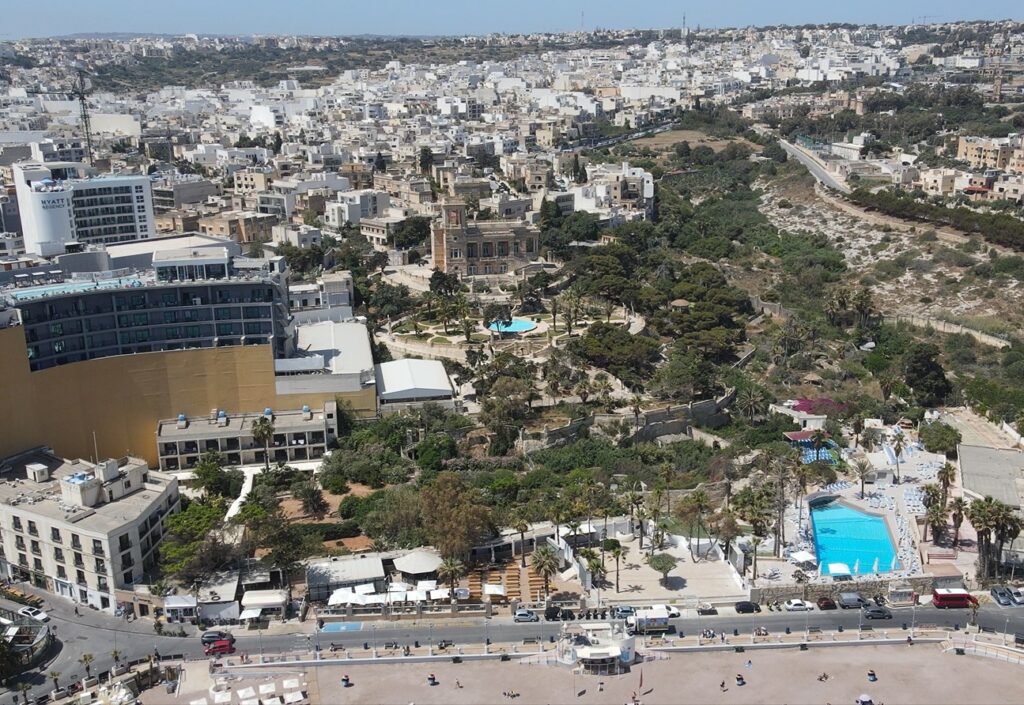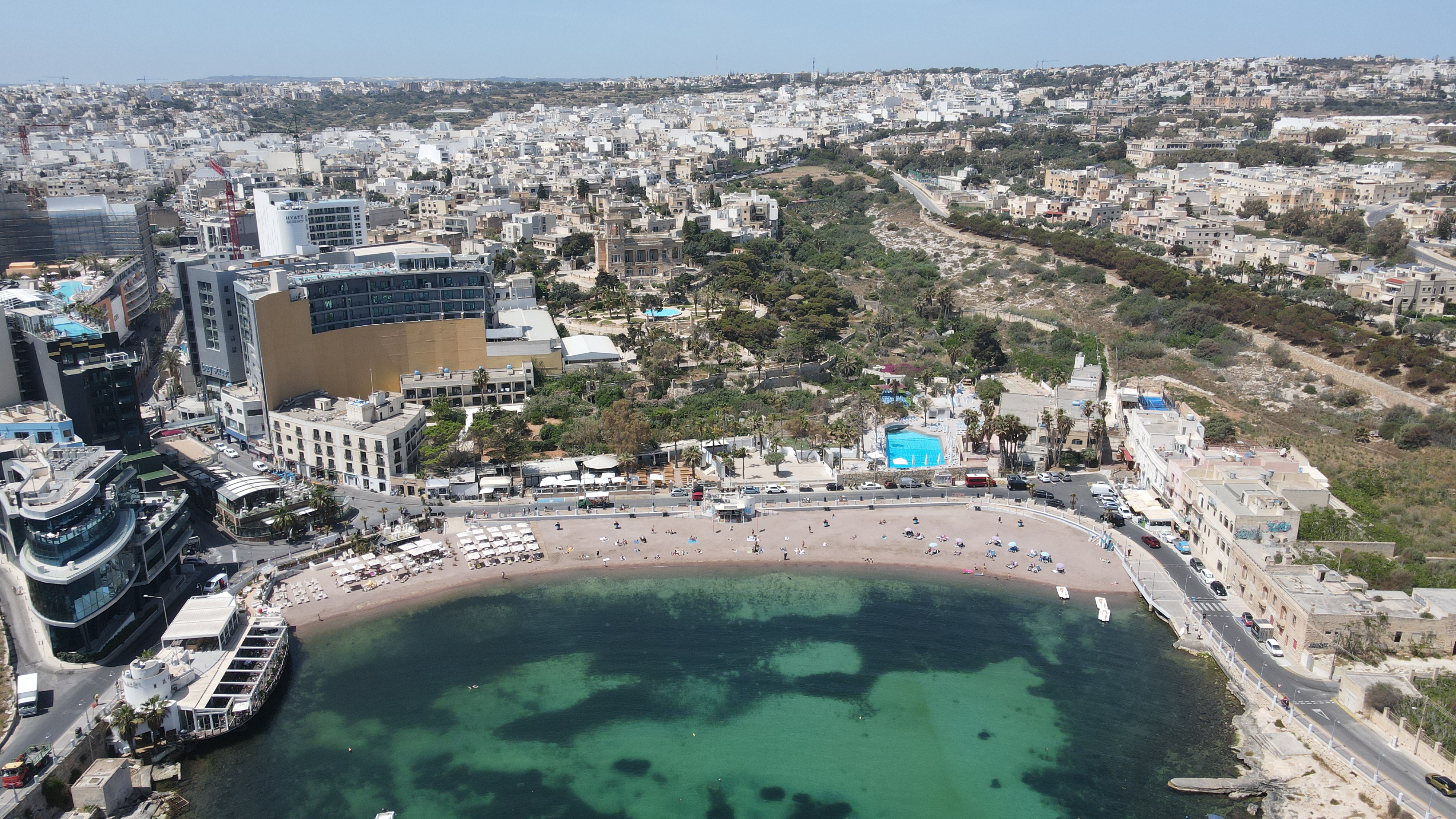
The Church’s Environment Commission strongly disagrees with the proposed amendments to the local plans that would allow for a massive construction project at Villa Rosa in St Julian’s.
This project, which includes a 34‑story tower and two additional towers of 27 stories, clearly shows that proper consideration has not been given to the impact on the surrounding communities, including increased traffic, visual impact, and reduced access to sunlight due to the shadows it will cast.
The Commission views this project as another example where individual interests are prioritised over community wellbeing.
This situation results from policies based on questionable advice and controversial decisions, which give the impression that responsible authorities are abandoning long‑term strategic planning in favour of a fragmented approach to so‑called development projects.
It is concerning that projects are habitually negotiated and promised before thorough studies and public consultation are conducted, undermining sustainable development. If this project is truly in a consultation phase, then authorities should heed the residents and all those concerned about citizens’ quality of life.
Decisions to grant permits for development projects that are not part of a holistic plan open the door to abuse and further deteriorate conditions in the affected locality for both residents and visitors.
The Commission insists that, in the long‑promised review of the Strategic Plan for the Environment and Development (SPED), the government should learn from past experiences and remove ambiguous and poor regulations that allow individuals and organisations to exploit existing loopholes.
The voice of the citizens must be taken seriously, and public participation in the preparation of this document should be extensive to protect the quality of life for citizens, who are increasingly aware of the relationship between social justice, health, and environmental quality.
Consideration should also be given to what the Malta Hotels and Restaurants Association (MHRA) has said about the need for sustainable tourism to address the influx of tourists, which is threatening the environment, residents’ quality of life and visitors’ experiences.
The Environment Commission maintains that achieving a ‘country of quality,’ requires a serious commitment to genuinely sustainable development, with meaningful public consultation and comprehensive studies to avoid abuse and reduce negative impacts on the environment.
The Commission’s position has been submitted to the Planning Authority as part of the ongoing public consultation. The Environment Commission encourages the public to share their views with the Planning Authority by the 25th November 2024.





